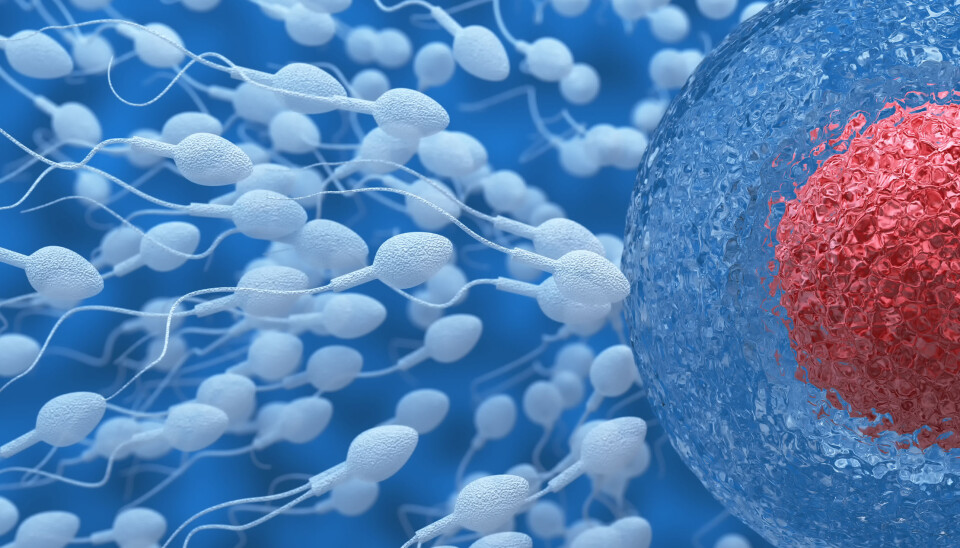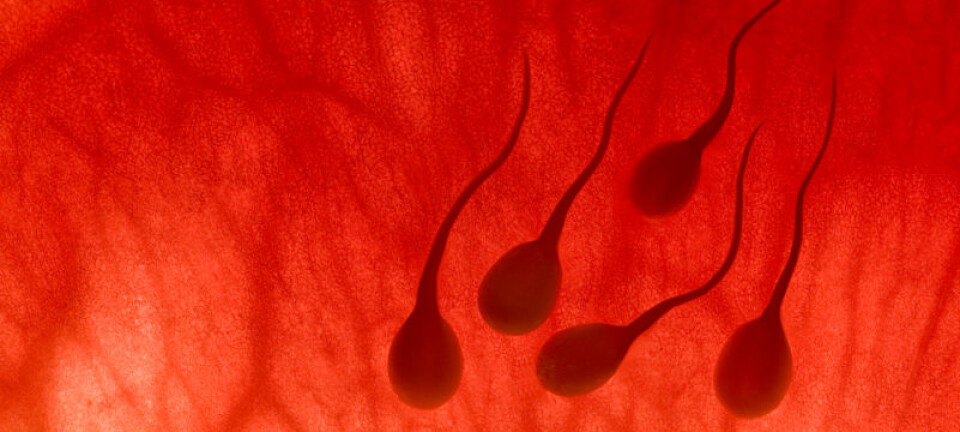
Plastic additive can slow down sperm cells
As traces of the organic chemical DEHP increased, the swimming abilities of sperms decreased.
Phthalates are a group of organic chemical compounds which are widely used to make plastics such as PVC more flexible. But the awkward word phthalate has become synonymous with health hazards for the environmentally concerned public.
New research from Lund University in Sweden won’t be doing much to improve the compound’s nasty reputation.
Fewer swimmers
The researchers compared semen samples from 314 young men against the levels of phthalates in their urine samples to see if there were any connections with regard to sperm motility ― ability to swim properly.
Among the men with the lowest amounts of the compound in their urine, some 57 percent of their sperms swam forwards as they should. Among those with the highest phthalate counts, this sperm motility dipped to 46 percent.
No immediate concern
The study only involved one type of phthalate: DEHP. This organic compound is bad for the environment and often found on Nordic lists of substances prioritised in emission-reduction efforts. Denmark tried to ban it once and for all in 2013.
Even though use of DEHP has dropped in the EU and the European Economic Area since the 1990s and it was banned for a few years, levels of emissions are rising lately, probably because of imports of products from the Orient.
The researchers behind the study say there is no need to panic on the basis of their findings. Other studies have come up with similar results, but still others found no such link between DEHP and sperm maturity and motility.
“These compounds break down in the body in the course of a few days. So there is no immediate reason for concern,” says Jonatan Axelsson, the first author of the study, in a press release.
-------------------------------------
Read the Norwegian version of this article at forskning.no
Translated by: Glenn Ostling








